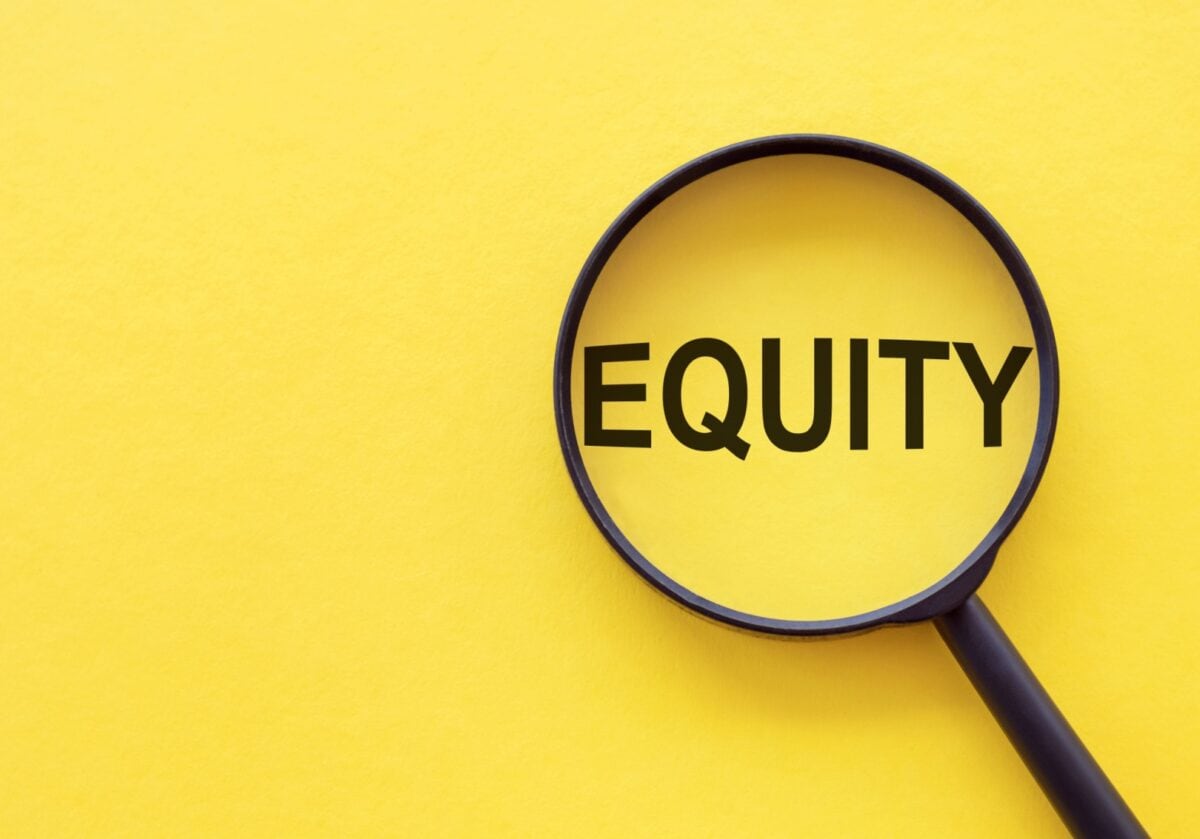Featured Post
Explore the Latest Posts
Search
Topic
Post Type
Audience Type
Author
Cultivating a Coaching Culture to Support Employee Mental Well-Being
To explore the evolving role of coaching in mental well-being, ICF spoke…
What an Equity Assessment Taught Us About Credentialing — and Why It Matters
At the heart of ICF’s credentialing philosophy is a simple but powerful…
The Benefits of a Coaching Culture
Building an internal coaching culture is similar to running a top-tier medical…
How Coaches Can Use AI in Sales — Without Losing the Human Connection
Something has changed in sales. Superhuman skills don’t set people apart anymore…
How to Choose the Right Coach: Key Skills and Qualifications to Look For
Partnering with a coach is like selecting the right travel companion. Having…
From Legacy to Leadership: ICF at 30 and Beyond
For decades, coaching has transcended borders, bridging cultures and connecting leaders in…
The Coaching Advantage: Building Resilient Cultures in Times of Change
In a world defined by volatility, uncertainty, and rapid transformation, resilience and…
How to Build a Coaching Website That Attracts Clients
As a coach, your website is the cornerstone of your online presence…
DIVE IN Goals™: A Powerful Alternative to SMART Goal Setting
Unlike SMART goals, which emphasize structure and measurable success, DIVE IN Goals™…
How Digital Coaches Can Overcome Revenue Barriers and Boost Sales
As a digital coach or course creator, your goal is to transform…
What You Need to Know About the 2025 ICF Code of Ethics
An updated ICF Code of Ethics went into effect on April 1.…
A Beacon of Light: Igniting Transformation Amid Upheaval
ICF Delhi’s transformational partnership with Save the Children India demonstrated the immense…
Life Bloom Sprouts Change and Success through Coaching for Grassroots Community Leaders
As a high school principal in Kenya in the early 2000s, Catherine…
Connecting Across Cultures in Remote Communities with the Power of Books
Dr. Seuss once wrote, “The more that you read, the more things…
The Role of Coaching in Gaining Career Clarity
Starting a new career path can be a challenging journey, especially for…




















